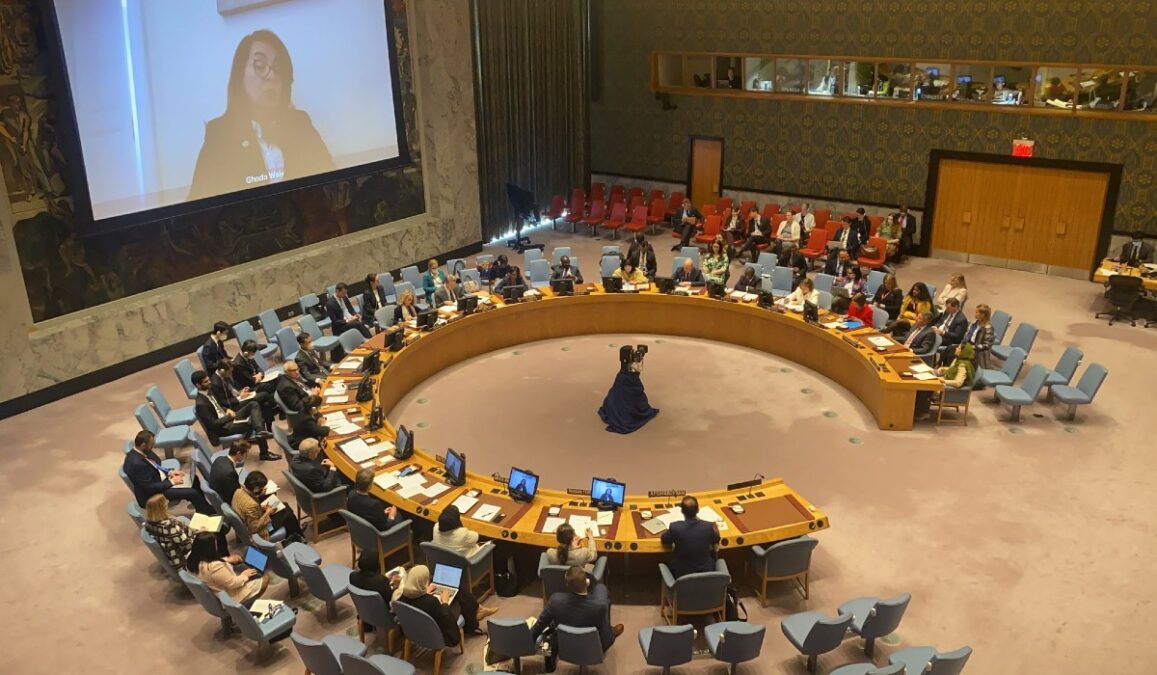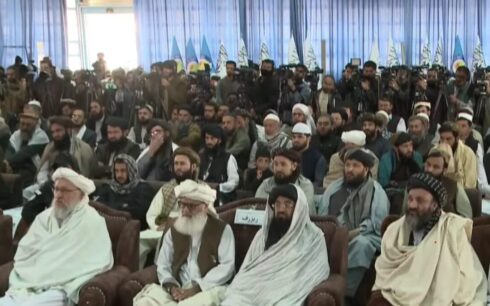The UN Security Council on Tuesday hosted a meeting on Afghanistan where representatives of member countries expressed their concerns about the situation in Afghanistan, especially the Taliban’s treatment of women’s rights, human rights, its ties with the world, its relations with terrorist groups, the country’s economic situation and other relevant matters, saying action must be taken against the Taliban as the patience is running out by many countries when it comes to their engagement with the ruling group.
“I am afraid that patience is running out by many in the international community regarding a strategy of engagement with Afghanistan’s Taliban authorities,” UN deputy special representative for Afghanistan, Markus Potzel, said.
He said that Afghanistan faces a daunting set of crises and that unless the Taliban act, enabling all segments of society to have voices heard and communities represented, they may inflict greater misery yet on the Afghan people.
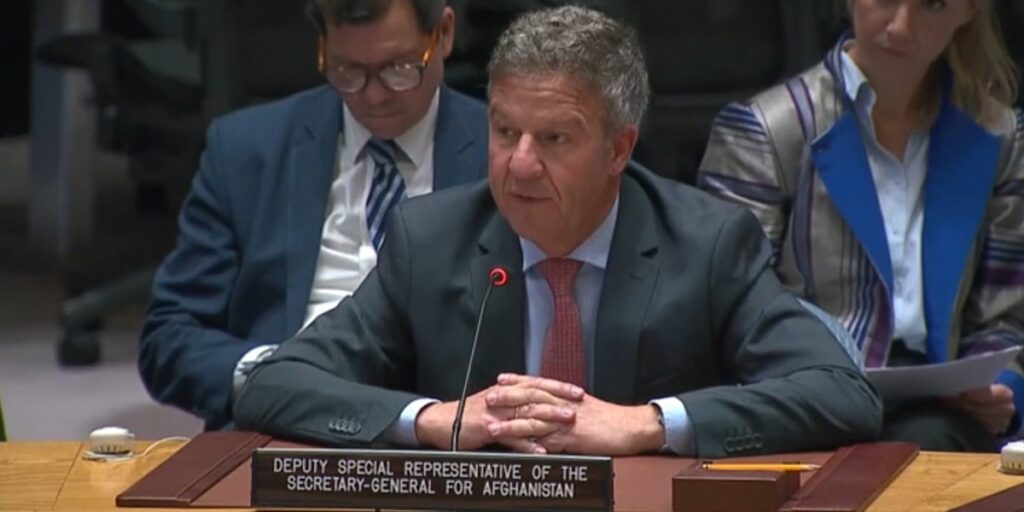
Potzel said that if the Taliban continue failing to uphold the rights of all Afghans and to engage constructively with the international community, Afghanistan’s future will be uncertain and fragmentation, isolation, poverty and internal conflict are likely scenarios.
Fergal Mythen, the ambassador of Ireland to the UN, called on the UNSC to take action against the Taliban.
“We can and must hold the Taliban to account for their actions,” he said. “As it has been made clear today, what the Taliban are doing in Afghanistan, their actions against Afghan people and against Afghan women and girls are undermining peace and security.
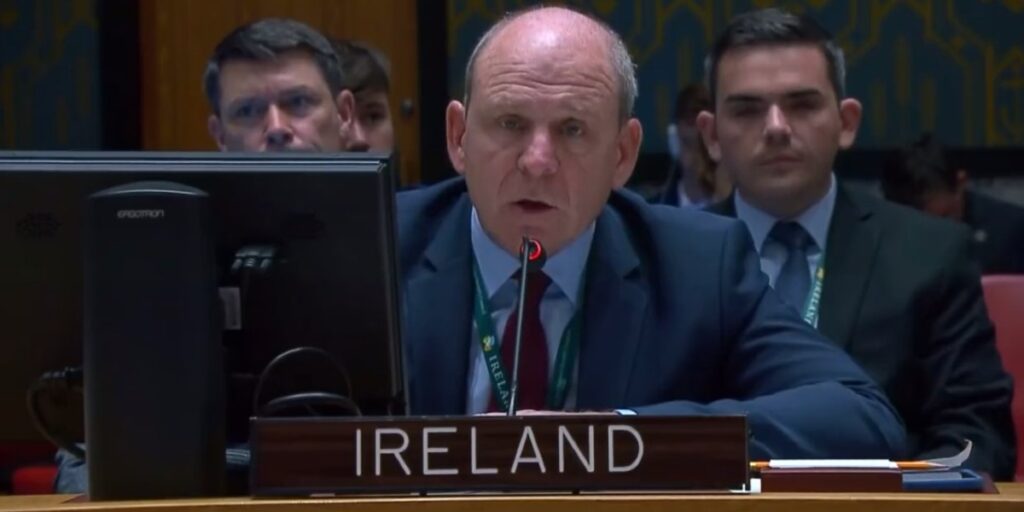
“Ireland believes it is the responsibility of the Security Council to respond to the Taliban’s actions. That is our mandate,” he said.
Fawzia Koofi, a peace negotiator and a politician from Afghanistan, said at the meeting that Afghans have been imprisoned in their own country.
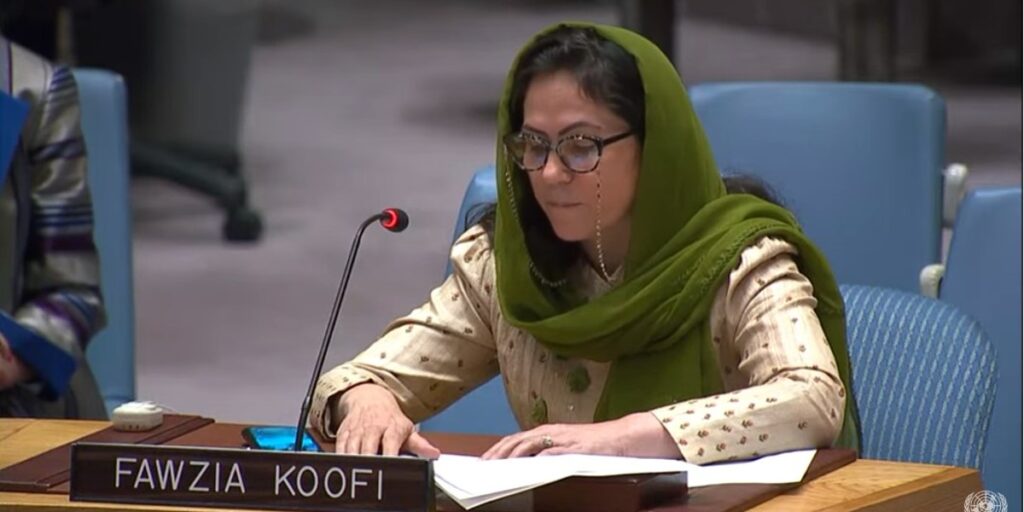
She said that the people of Afghanistan have lost their hopes and are feeling forgotten.
“Imagine if the world was ruled by women, and you as a man were deprived of your basic human rights. Can you put yourself in the Afghan woman shoes and feel her pain?” she asked.
She said that the Taliban has a good division of power and claims it has increased domestic revenue.
“They pay their soldiers through domestic revenue and they want the international community to feed the people of Afghanistan. No accountably from their side,” she said.
Meanwhile, Naseer Ahmad Faiq, Afghanistan’s ambassador to the UN, said Afghanistan is currently suffering from the combined impact of such global challenges as well as severe social, political, economic and humanitarian crises following the takeover of the Taliban.
“I want to reiterate that fundamental rights and freedoms of all Afghan women and girls must be restored and the doors of schools to the girls should be opened immediately and women should be allowed to fully exercise their God-given rights, build their capacities and equally take part in the rebuilding of our war-torn country,” he said.
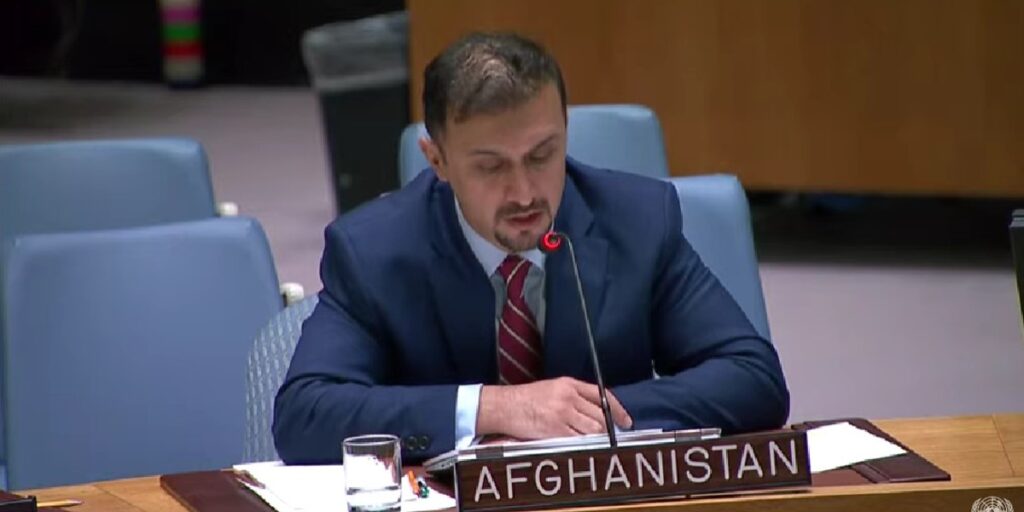
He called on the council to join Afghans in this call and support women in Afghanistan.
“I want to thank the previous speakers who strongly expressed their support to the people of Afghanistan, particularly women and girls,” he added.

